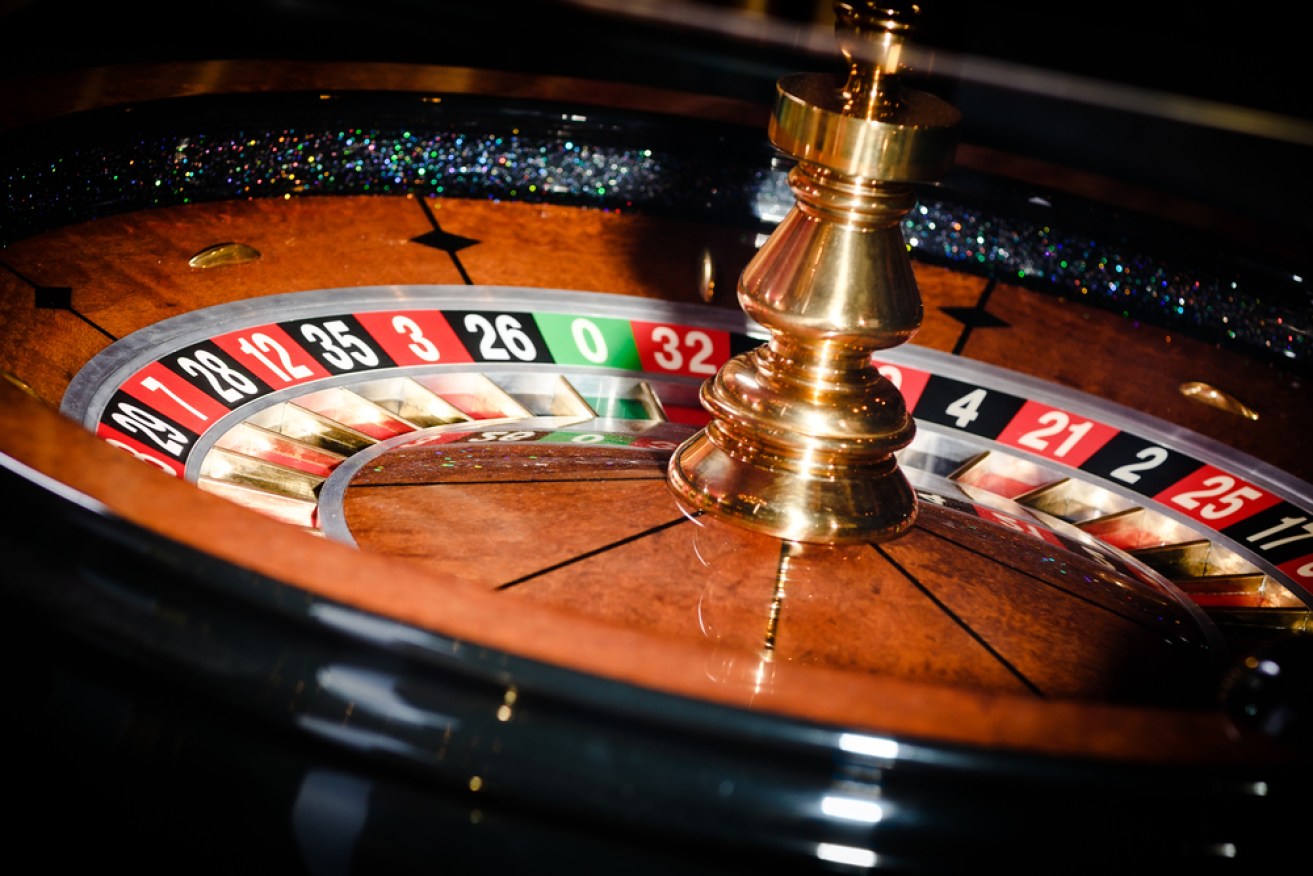Super returns continue to soar. But will it last?


Shutterstock
If you have been puzzling over an unexpected boost to your superannuation balance recently, you are not seeing things, and you are not alone.
A report released on Wednesday by Chant West showed superannuation funds across the board saw a phenomenal surge in returns in February, with the average growth balance increasing by 3.1 per cent.
• The truth about how your super becomes mine
• Super returns: is it time to lower expectations?
• Weird and wonderful: what you own via super
If that rate of return continued all year, annual returns would equal 37.2 per cent, an absurdly high figure (15 per cent is considered exceptionally high).
In reality, returns won’t get anywhere near that 37.2 per cent figure. Already the surging domestic and international share markets have taken a downturn in March.
Nevertheless, even with this downturn super returns are still on track for a year of stellar growth. Like Chant West, superannuation research companies Rainmaker and SuperRatings both put financial year-to-date returns above 10 percent, with four months to go.
This is something of an enigma, given almost every other statistic relating to the economy – including the all-important levels of consumer and business confidence – paints a gloomy picture.
So why have superannuation funds performed so well? And can they possibly keep it up?
It’s all about sentiment
According to Alex Dunnin, director of research at Rainmaker, the disconnect between gloomy consumers and businesses, and a booming share market is nothing unusual.

Tony Abbott’s dubious comparison of Australia to Greece is scaring consumers more than investors.
“Investment markets are not the real economy as they represent what investors think will happen in the future – which is why there is almost always a disconnect between economic growth indicators and capital market returns,” he says.
So who is right, the gloomy consumers, or the optimistic investors? This, says Mr Dunnin, depends on a number of things, not least how the government talks about the economy.
“Abbott’s comments reported today [Wednesday] about Australia becoming a Greek economic meltdown are more than absurd, they are downright irresponsible. While it might have been a throwaway line in a political pep talk the damage it can do if it scares people into not spending is huge.”
Nevertheless, Mr Dunnin does not buy into the view that we need to prepare for a period of disappointing super returns.
“Super funds always have a habit of surprising on the upside. The weird thing is that we seem to only believe bad news and rarely accept the good news.”
Returns ‘should be steady’
According to Neil Carter, executive director of listed equities at IFM Investors, the equity market is beginning to look expensive. Indeed, price-earnings ratios are approaching 17 to 18 times, similar to levels seen just before the global financial crisis. Under normal conditions, this would lead to a correction as investors sell equities (aka shares) and buy bonds.
However, he says current conditions are far from normal.
“Bond yields around the world continue to be cut. Interest rates remain low across developed economies, Europe and Japan continue quantitative easing – all of these things are reducing the effectiveness of bonds.”
With cash returns even lower than bond yields, investors have few options but to keep their money in equity markets. Barring another GFC-style crisis, he says the next couple of years are likely to bring steady returns.

Playing the stock market is as much a loser’s game as gambling, says HOSTPLUS CIO Sam Sicilia. Photo: Shutterstock
“Equity markets should stay at these kinds of levels for the medium term. Super funds won’t get many more 3.1 per cent months, but returns should be steady.”
So what could lead to a crisis? The main wild card, he says, is the low price of oil.
“If the oil price were to bounce back to above $100 a barrel, that’s the sort of thing that could be the catalyst for another economic crisis,” he says.
Playing the market ‘a loser’s game’
But even if there were a crisis, Sam Sicilia, the man in charge of investments at industry fund HOSTPLUS, says the prudent course of action is to maintain exposure to equity markets. The worst thing to do, he says, is sell everything and cement your gains in cash.
“Corrections happen all the time. The real question is, so what? Let’s say there’s a 10 per cent drop in share prices overnight. So what? For superannuation, it’s a long-term game. There’ll be many 10 per cent drops, just like there are 10 per cent rises. It’s better to be invested in markets through cycles.”
Trying to second guess the market, he says, is “a loser’s game”.
“It’s like gambling.”
In the long-term, you will lose.
But Dr Sicilia is not predicting a crisis. In fact, he is upbeat about the state of ASX-listed companies.
“Let’s look at the underlying companies that are on the stock exchange. They’ve had a long time now to get their house in order. Their debts are at all time lows, they’re financially robust, they’ve cleaned out all of the cobwebs inside their companies, or if they haven’t then they’ve missed a big opportunity. And so these companies are quite resilient.”








